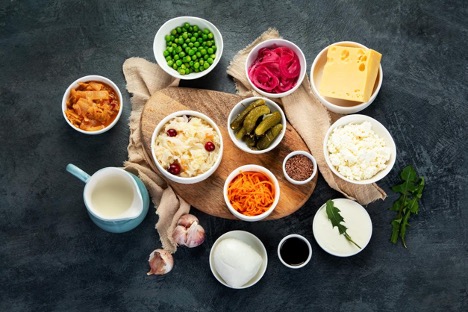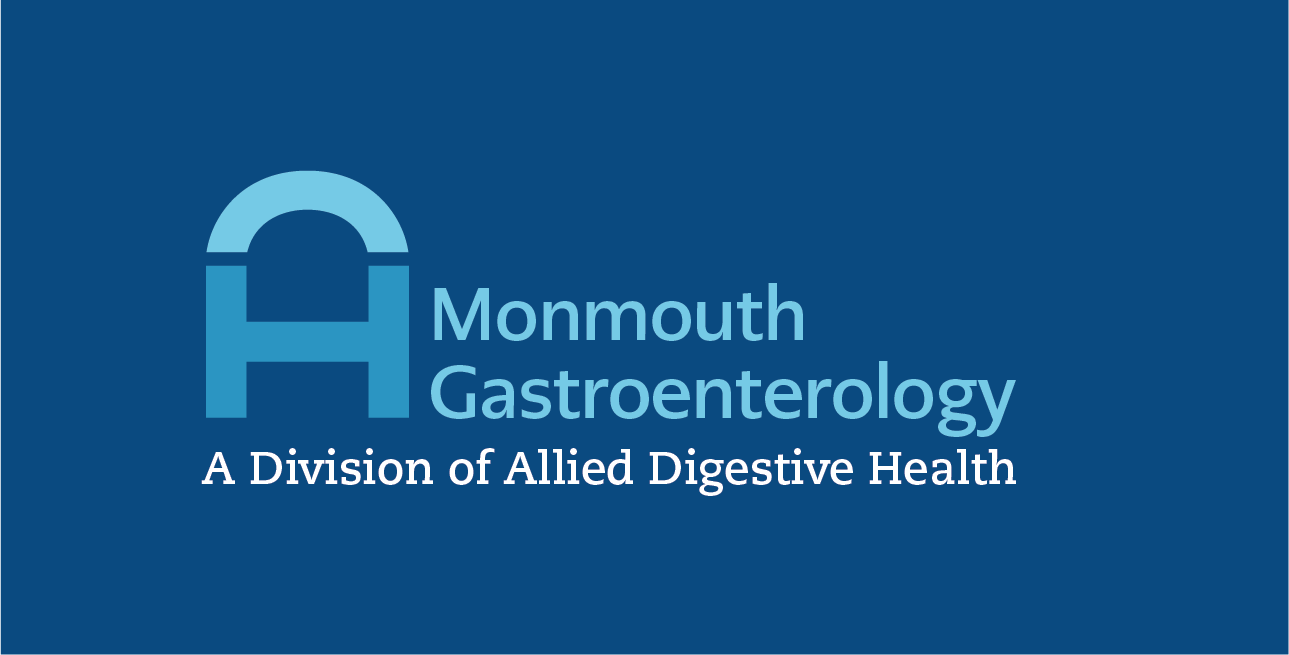– Your bowel movements are inconsistent. Does your diet change so much day to day?
– You are often bloated and uncomfortable, was it something you ate?
– Certain foods trigger you that never used to. Are you developing allergies?
– You are fatigued often. You must be getting old?
– You often feel anxious or depressed.
Believe it or not, any of the above statements can mean you may have IRRITABLE BOWEL SYNDROME, affectionately called IBS. Worldwide, it is estimated that 5-10% of the population has IBS, so you are not alone. IBS affects between 25 and 45 million people in the United States. About 2 in 3 IBS sufferers are female.
If you have heard the term but do not know what it means, this is a fairly common disorder which affects the large intestine. There is no known cause, just factors that seem to contribute to the problem. Stress is definitely a factor as is food choices.
Signs and symptoms range from mild to severe. If it persists for three months or longer, or you feel it interferes with your daily life, especially the quality of it, time to seek medical help to diagnose the problem, especially if you are losing weight, bleeding rectally, vomiting, anemic, nighttime diarrhea, or persistent pain.
A gastroenterologist specializes in digestive disorders and disease. They are well versed in IBS and other potential problems you may be experiencing. At Monmouth Gastroenterology, A Division of Allied Digestive Health, there is a team of six specially trained doctors and two nurse practitioners along with an experienced staff to give their patients the highest level of care. Times of discomfort call for compassionate care with an individualized touch.
The good news is that it does not leave any visible signs of damage or disease in your digestive tract. Even better. it is generally manageable.
Lifestyle changes may be in your future. Something as simple as over the counter laxatives and hydrating more often can alleviate symptoms. Probiotic supplements may help, as would avoiding digestive stimulants like caffeine
You may need to learn to avoid FODMAPs (fermentable oligo-, di-, and monosaccharides and polyols). These are nondigestible short-chain carbs that force water into your digestive tract. They are responsible for that bloating, gassy feeling. You would be surprised which foods are triggers and which foods are not.
UNFRIENDLY FOODS
– Oligosaccharides: wheat, rye, nuts, legumes, artichokes, garlic, and onion
– Disaccharides: lactose-containing products (dairy)
– Monosaccharides: fructose-containing foods, including certain fruits and sweeteners such as honey, agave nectar, and high fructose corn syrup
– Polyols: mannitol and sorbitol in apples, pears, cauliflower, stone fruits, mushrooms, and snow peas, as well as xylitol and isomalt in low calorie sweeteners, such as those in sugar-free gum and mints
FRIENDLY FOODS
Proteins: beef, chicken, eggs, fish, lamb, pork, prawns, tempeh, and tofu
Whole grains and starches: white and brown rice, lentils, corn, oats, quinoa, and potatoes
Fruit: blueberries, raspberries, pineapple, honeydew melon, cantaloupe, kiwi, limes, guava, starfruit, grapes, and strawberries
Vegetables: bean sprouts, bell peppers, radishes, bok choy, carrots, celery, eggplant, kale, tomatoes, spinach, cucumber, pumpkin, and zucchini
Nuts: almonds, macadamia nuts, peanuts, pecans, pine nuts, and walnuts (in moderation)
Seeds: pumpkin, sesame, and sunflower seeds, as well as linseeds
Lactose-free dairy milk, Greek yogurt, and Parmesan, Colby, cheddar, and mozzarella cheeses
Oils: coconut and olive oils
Beverages: peppermint tea and water
Condiments: cumin, saffron, cinnamon, paprika, coriander, cardamom, soy sauce, fish sauce, some chile-based products, ginger, mustard, pepper, salt, white rice vinegar, and wasabi powder
Waiting is not your friend when it comes to pain and discomfort. At Monmouth Gastroenterology, you are well cared for with our very well trained, experienced staff. You can be at ease, knowing you are getting some of the highest-level care for gastrointestinal, liver disease and colorectal cancer prevention, detection, and screening in the Monmouth & Ocean County area.Can you



